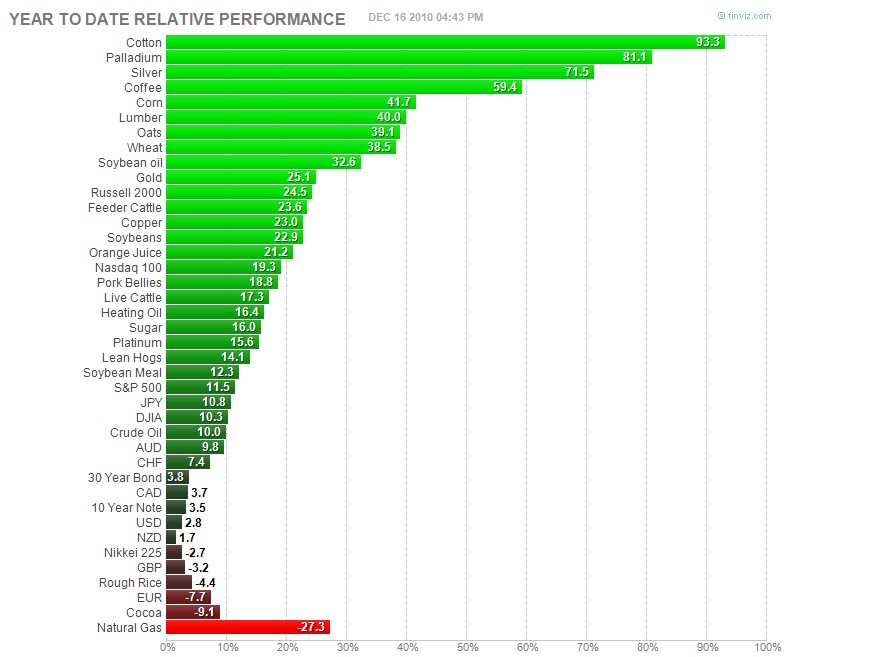I much prefer using credit cards to buy things, because I don't have to keep the paper receipts - the credit card company/bank will do it for me electronically.
My bf and I use mint.com to keep track of our spending. If you can get over the fact that you have to give it all of your account(s) info, it does most of the work for us (spreadsheets, fancy graphs, pretty pictures, etc.).
Discipline is the most important thing. If you aren't disciplined, consider auto-deduction from your pay cheque to 'force' you to save (or pay off debt).
My bf and I use mint.com to keep track of our spending. If you can get over the fact that you have to give it all of your account(s) info, it does most of the work for us (spreadsheets, fancy graphs, pretty pictures, etc.).
Discipline is the most important thing. If you aren't disciplined, consider auto-deduction from your pay cheque to 'force' you to save (or pay off debt).


















